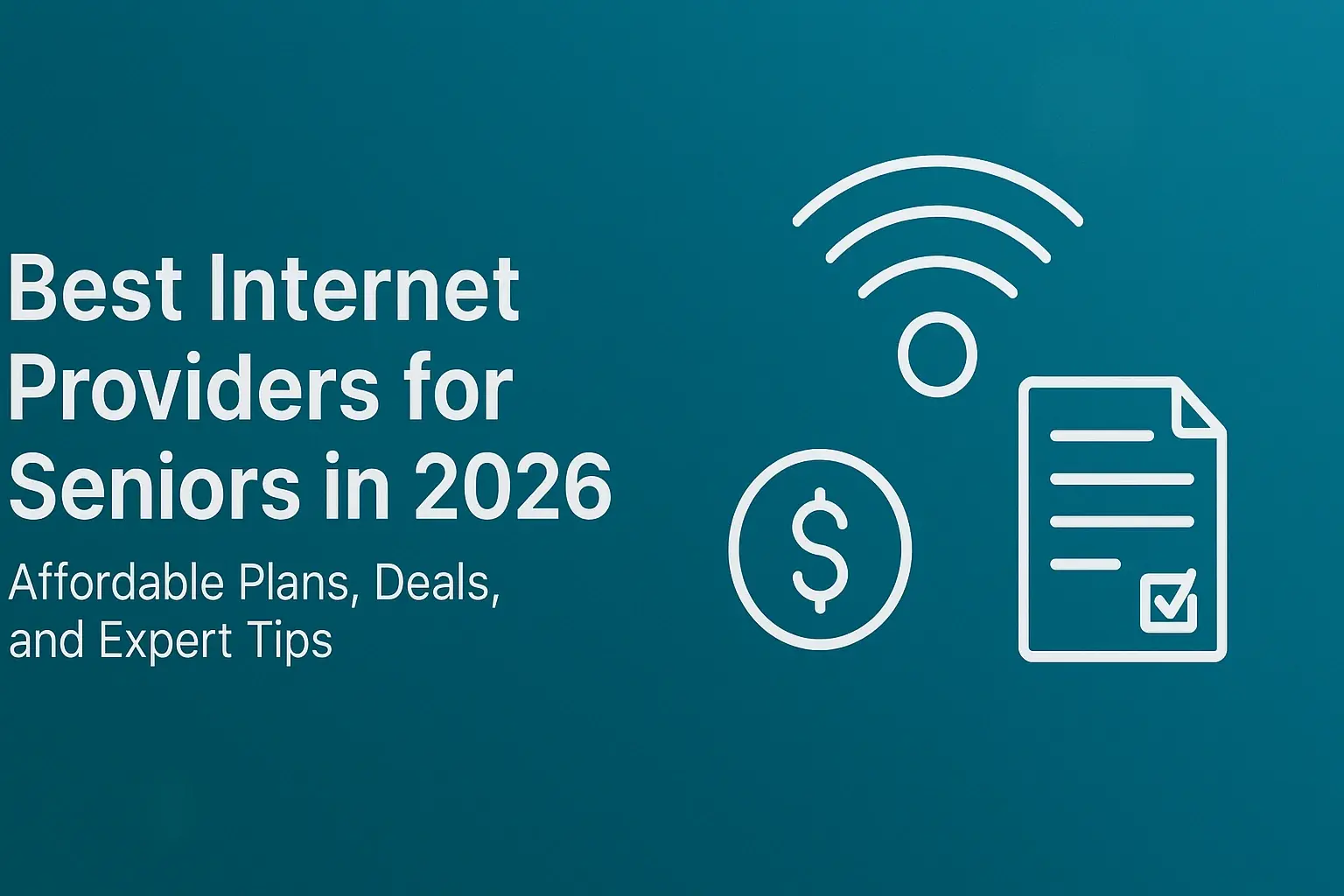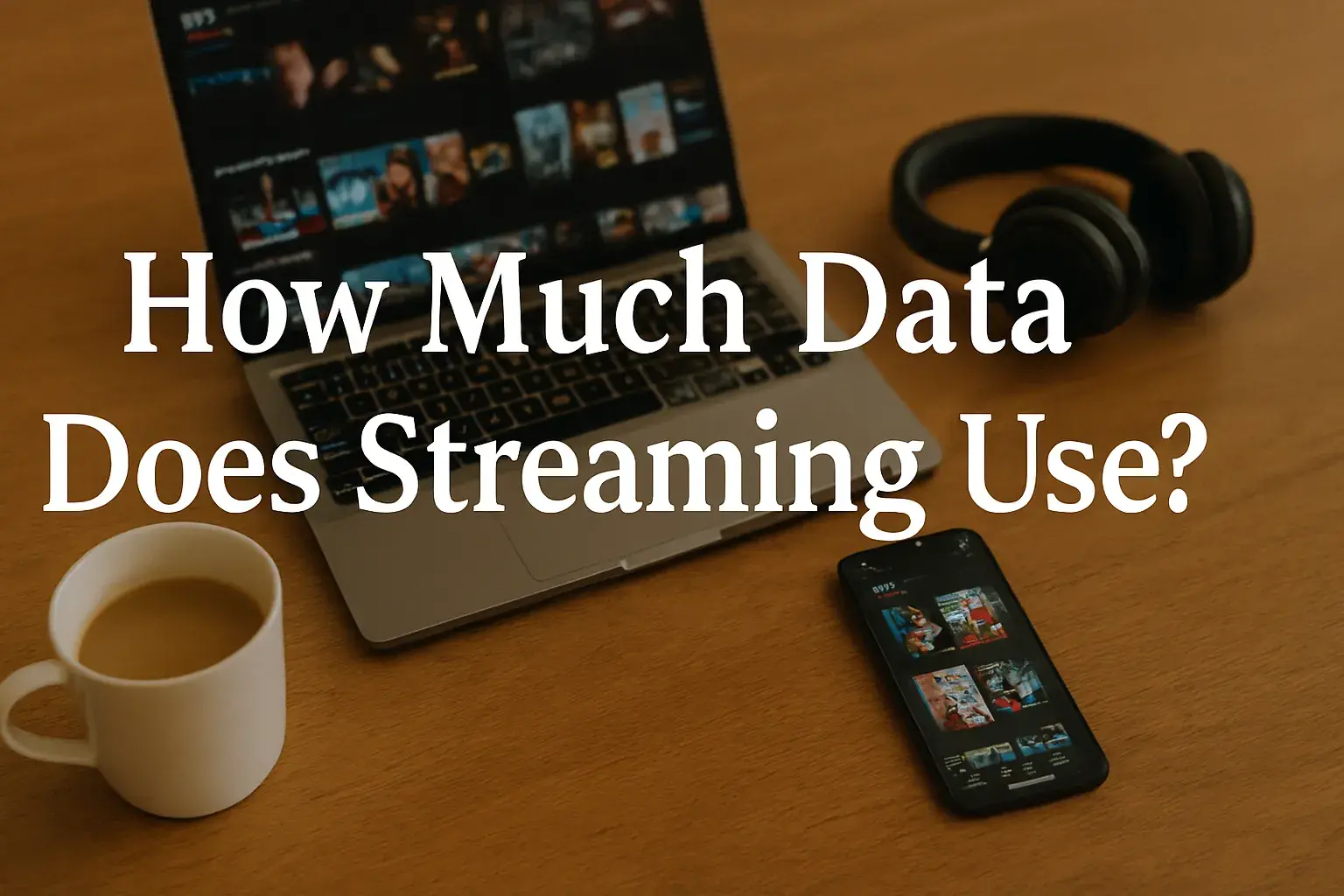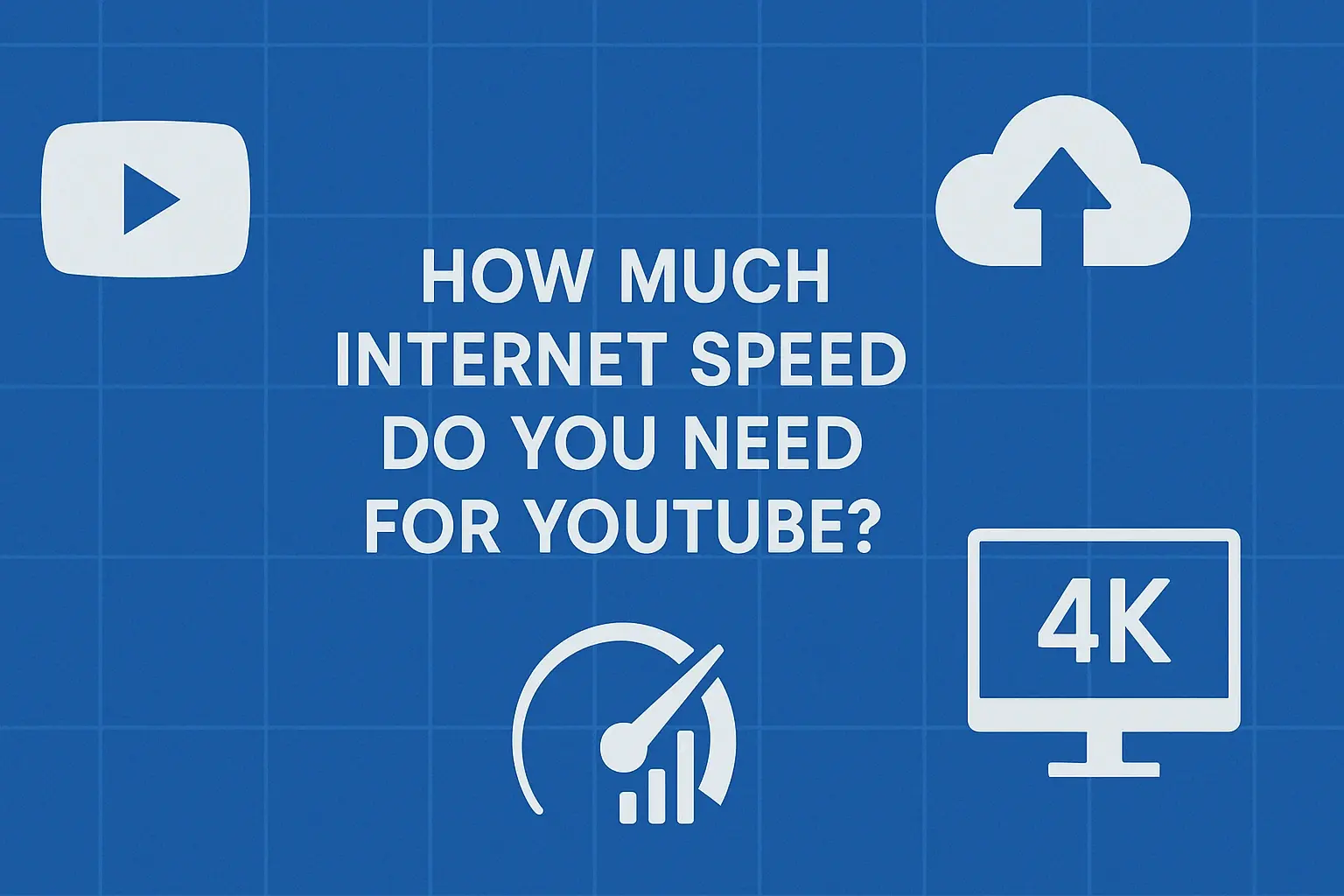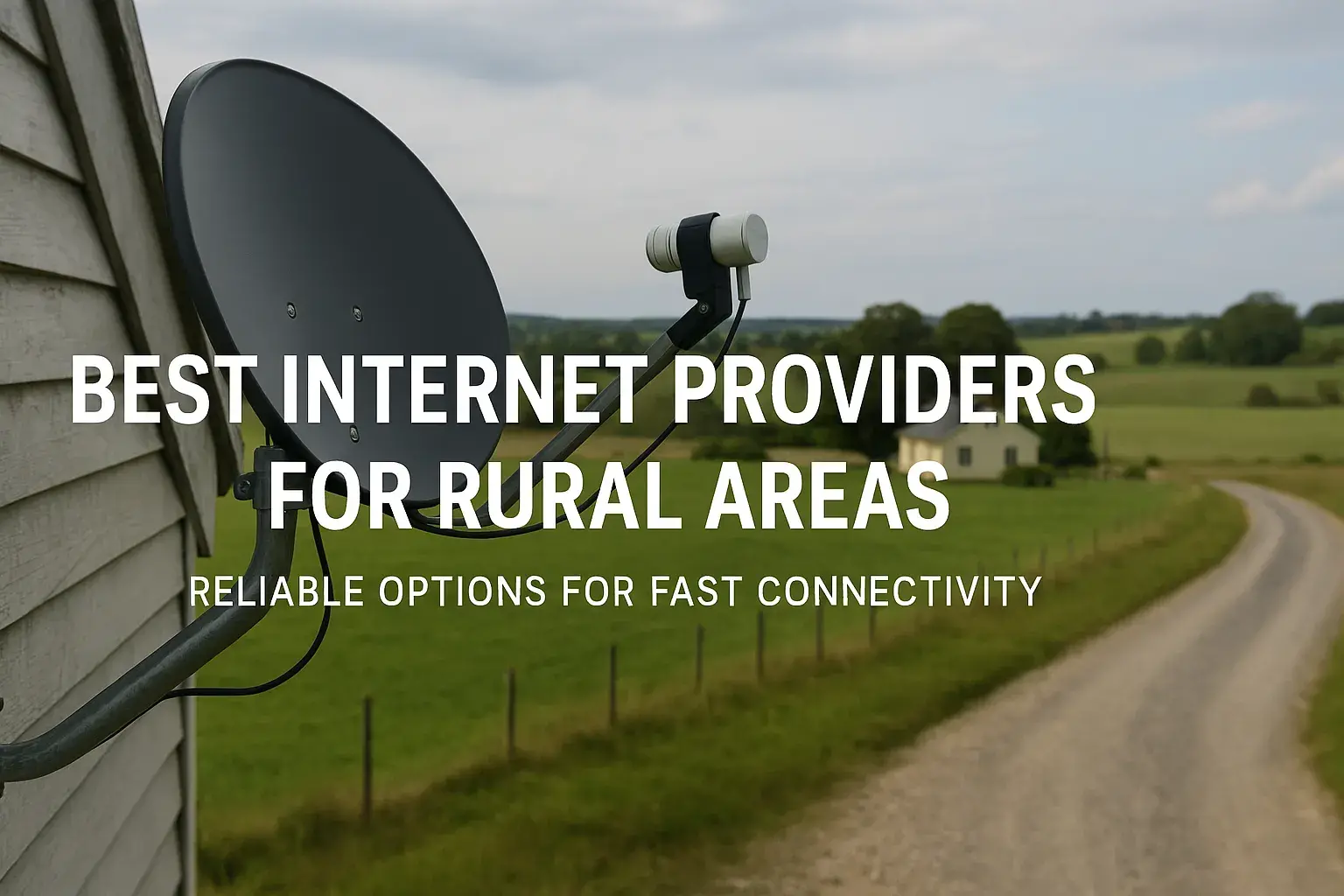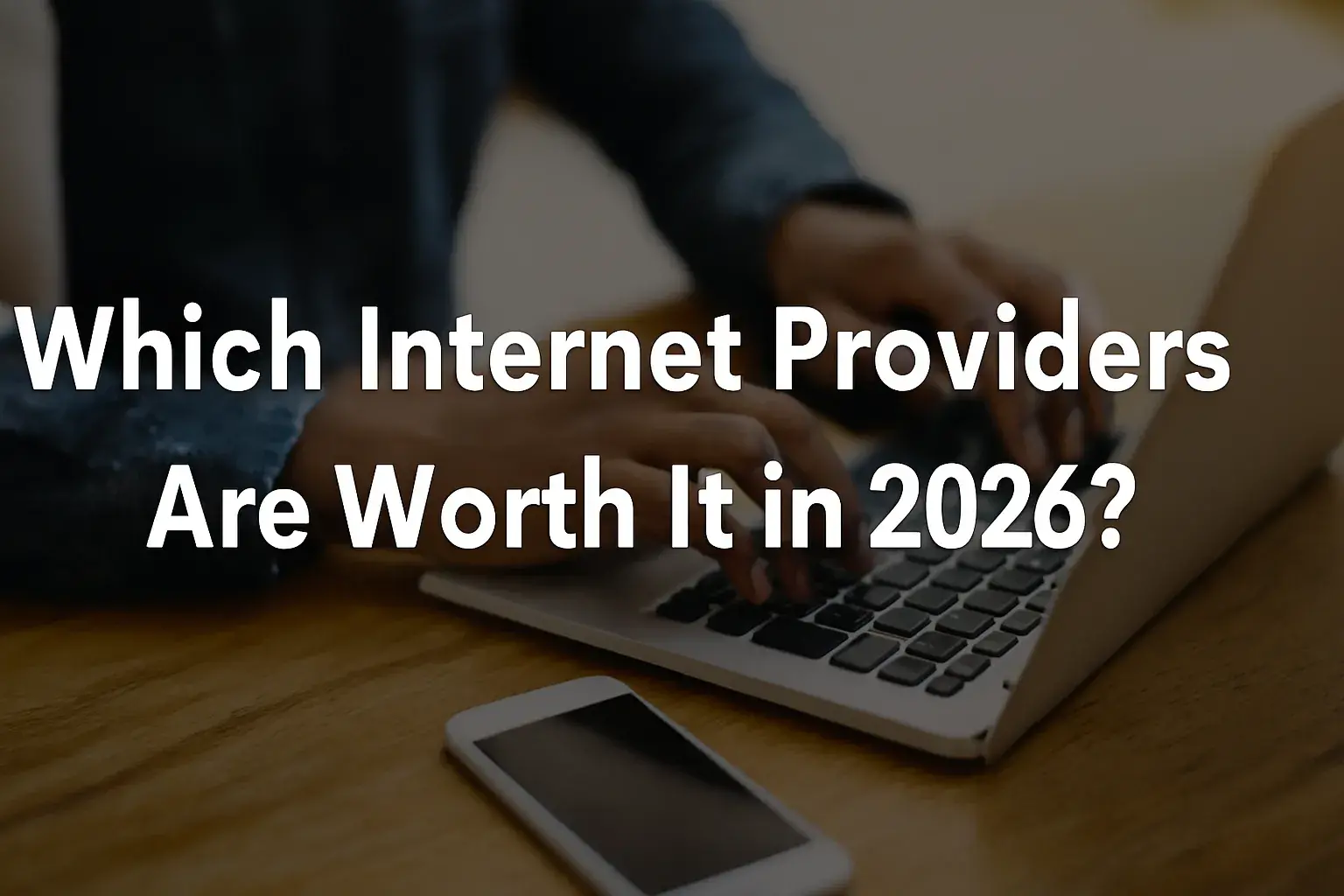
Discover the best internet providers in Palm Coast, FL, to connect you seamlessly to the digital world. This comprehensive guide explores top options, speeds, pricing, and factors to consider for your home or business.
Finding Internet Providers in Palm Coast, FL
Palm Coast, Florida, a vibrant coastal city, relies heavily on robust internet connectivity for its residents and businesses. Whether you're streaming the latest shows, working remotely, managing a home office, or running a local enterprise, having a reliable and fast internet connection is no longer a luxury but a necessity. The digital landscape is constantly evolving, and understanding your options for internet providers in Palm Coast, FL, is crucial to staying connected and productive. This section will guide you through the process of identifying the providers available in your specific area and what to look for.
The first step in finding the right internet provider is to understand your specific location within Palm Coast. Internet service availability can vary significantly even within the same city due to the infrastructure laid down by different companies. Factors like your exact address, the type of housing (apartment, single-family home), and the proximity to network hubs all play a role. Fortunately, most major internet service providers (ISPs) offer online tools where you can enter your zip code or full address to check for available services. For Palm Coast, FL, this means utilizing these tools to pinpoint which providers can deliver their services to your doorstep.
Beyond simply checking availability, it's essential to consider the types of internet technologies offered. Different technologies provide varying speeds, reliability, and costs. Understanding these differences will help you make an informed decision that aligns with your internet usage needs. For instance, if you're a heavy streamer or gamer, you'll need a different type of connection than someone who primarily uses the internet for occasional email and browsing.
Furthermore, the landscape of internet providers in Palm Coast, FL, is dynamic. New services may become available, and existing ones might upgrade their infrastructure. Staying informed about the latest offerings and technological advancements is key. This guide aims to provide you with the most current information for 2025-2026, helping you navigate the options and select the provider that best suits your lifestyle and budget. We will delve into the specifics of different technologies, essential factors to consider, and a comparison of the leading providers in the area.
How to Check for Internet Service Availability
To begin your search for internet providers in Palm Coast, FL, the most effective method is to use online availability checkers. These tools are readily available on the websites of most ISPs.
- Visit ISP Websites: Go directly to the websites of known internet providers such as Spectrum, AT&T, and others that may operate in the region.
- Enter Your Address: Locate the "Check Availability" or "Serviceability" tool. You will typically be prompted to enter your street address, city, state, and zip code.
- Review Available Plans: Once your address is verified, the website will display the internet plans, speeds, and technologies available at your specific location.
- Consider Third-Party Tools: Several third-party websites aggregate internet provider information and allow you to compare services by address. These can be a convenient way to get an overview of your options.
It's important to note that availability can sometimes be a moving target. If a provider doesn't show up initially, it's worth checking back periodically, as infrastructure upgrades can occur. For residents and businesses in Palm Coast, FL, this diligent approach ensures you don't miss out on potentially better or more affordable options.
Understanding Different Internet Technologies
The performance and reliability of your internet connection are largely determined by the underlying technology used. In Palm Coast, FL, residents and businesses can typically choose from several primary types of internet services, each with its own advantages and disadvantages. Understanding these technologies is fundamental to selecting the right provider and plan for your needs. For 2025-2026, the most prevalent and emerging technologies include fiber optic, cable, DSL, and fixed wireless.
Fiber Optic Internet
Fiber optic internet is widely considered the gold standard for broadband connectivity. It utilizes thin strands of glass or plastic to transmit data as pulses of light. This method offers incredibly high speeds, low latency, and superior reliability compared to other technologies.
- Speeds: Fiber can deliver symmetrical download and upload speeds, often ranging from 100 Mbps to over 1 Gbps (1000 Mbps). This means your upload speed is just as fast as your download speed, which is crucial for video conferencing, large file uploads, and cloud backups.
- Reliability: Fiber is less susceptible to interference from weather or electrical signals, making it highly stable.
- Latency: Extremely low latency makes it ideal for online gaming, real-time applications, and video calls.
- Availability: While expanding rapidly, fiber optic networks are not yet available in all areas. Its deployment is often concentrated in newer developments or areas where providers have invested heavily in infrastructure upgrades.
For Palm Coast, FL, the expansion of fiber optic networks is a key development in improving internet access. Providers are increasingly investing in these advanced networks to meet the growing demand for high-speed internet.
Cable Internet
Cable internet is delivered through the same coaxial cable network that brings cable television to homes. It's a widely available and popular choice for many households due to its good balance of speed and affordability.
- Speeds: Cable internet typically offers high download speeds, commonly ranging from 50 Mbps to 1 Gbps or more. However, upload speeds are generally slower than download speeds, which can be a limitation for certain activities.
- Availability: Cable internet is widely available in most urban and suburban areas, including many parts of Palm Coast, FL.
- Shared Bandwidth: A key characteristic of cable internet is that bandwidth is shared among users in a neighborhood. During peak usage times, speeds can sometimes slow down.
- Cost: Cable plans are often competitively priced, offering good value for the speeds provided.
DSL (Digital Subscriber Line) Internet
DSL internet uses existing telephone lines to transmit data. It's an older technology but remains a viable option in areas where more advanced services are not yet available.
- Speeds: DSL speeds are generally lower than cable or fiber, typically ranging from 5 Mbps to 100 Mbps. The speed can also be affected by the distance from the provider's central office.
- Availability: DSL is available anywhere there is a functional phone line.
- Reliability: DSL can be reliable, but its performance is often dependent on the quality of the phone line and distance from the exchange.
- Cost: DSL is often one of the most affordable internet options.
Fixed Wireless Internet
Fixed wireless internet uses radio waves to connect a fixed location (like your home or business) to a nearby tower. It's a good alternative in rural or underserved areas where wired infrastructure is limited.
- Speeds: Speeds can vary widely depending on the provider and equipment, but can range from 25 Mbps to over 100 Mbps.
- Availability: Primarily used in areas where traditional wired internet is scarce.
- Line of Sight: Requires a clear line of sight between the user's antenna and the provider's tower.
- Weather Dependence: Performance can sometimes be affected by severe weather conditions.
For residents and businesses in Palm Coast, FL, understanding these technologies allows for a more targeted search. If fiber is available, it's often the best choice. If not, cable provides a strong alternative. DSL and fixed wireless serve as important options for areas with more limited infrastructure.
Key Factors When Choosing an Internet Provider
Selecting the right internet provider in Palm Coast, FL, involves more than just looking at advertised speeds. Several critical factors should be evaluated to ensure you get a service that meets your needs, budget, and expectations. For 2025-2026, these factors remain paramount in making an informed decision.
Speed and Bandwidth
This is often the most discussed aspect of internet service. Speed refers to how quickly data can be downloaded or uploaded, measured in megabits per second (Mbps) or gigabits per second (Gbps). Bandwidth is the capacity of your connection – how much data you can transfer over a period.
- For Basic Use (Email, Browsing): 25-50 Mbps download is usually sufficient.
- For Streaming HD Video, Multiple Devices: 100-300 Mbps download is recommended.
- For 4K Streaming, Online Gaming, Large File Transfers, Smart Homes: 300 Mbps to 1 Gbps or higher is ideal.
- Upload Speeds: Increasingly important for video calls, uploading content, and cloud services. Symmetrical speeds (equal download and upload) are best for these activities, often found with fiber.
Consider the number of devices connected in your household and the typical activities performed on each. Overestimating your needs can lead to unnecessary costs, while underestimating can result in a frustratingly slow connection.
Data Caps and Usage Policies
Some internet plans come with data caps, which are limits on the amount of data you can download or upload per month. Exceeding these limits can result in extra charges or throttled speeds.
- Unlimited Data: Most high-speed plans, especially cable and fiber, offer unlimited data.
- Soft Caps: Some providers may not strictly enforce caps but will slow your speeds after you reach a certain threshold.
- Hard Caps: These plans will cut off your service or charge significant overage fees once the limit is reached.
For heavy internet users, gamers, or families with multiple streaming devices, unlimited data plans are essential. Always check the provider's policy regarding data usage.
Contract Lengths and Fees
Many internet providers require customers to sign contracts, typically for 12 or 24 months. Breaking these contracts can incur early termination fees.
- Contract-Free Options: Look for providers that offer month-to-month plans if you prefer flexibility.
- Promotional Pricing: Be aware that advertised prices are often introductory rates that increase after a promotional period. Understand the regular price after the discount ends.
- Hidden Fees: Inquire about installation fees, equipment rental fees, activation fees, and any other potential charges.
For Palm Coast, FL residents, understanding contract terms can save money and prevent unexpected costs.
Equipment Costs
You'll typically need a modem and a router to connect to the internet. Providers often offer equipment rental for a monthly fee, or you can purchase your own compatible equipment.
- Rental Fees: These can add up over time. For example, a $15/month rental fee amounts to $180 per year.
- Purchasing Your Own: While the upfront cost is higher, it can be more cost-effective in the long run and often provides better performance and features. Ensure the equipment is compatible with your chosen provider's service.
Customer Service and Reliability
Even with the fastest speeds, a provider with poor customer service or frequent outages can be a major source of frustration.
- Reputation: Research online reviews and consumer reports to gauge customer satisfaction with a provider's technical support, billing, and overall service.
- Network Uptime: While most providers aim for high uptime, some consistently perform better than others.
- Local Support: For Palm Coast, FL, understanding if there's local support or a dedicated team can be beneficial.
Bundling Options
Some providers offer bundles that combine internet, cable TV, and phone services. Bundling can sometimes lead to cost savings, but it's important to compare the bundled price against the cost of individual services from different providers to ensure it's truly a better deal.
By carefully considering these factors, residents and businesses in Palm Coast, FL, can make a well-informed decision that leads to a satisfactory and reliable internet experience.
Top Internet Providers in Palm Coast, FL (2025-2026)
Navigating the internet provider landscape in Palm Coast, FL, requires an understanding of the key players and what they offer. Based on current infrastructure and service offerings expected for 2025-2026, several providers stand out. It's crucial to remember that availability can vary by specific address, so always verify service at your location.
Spectrum (Charter Communications)
Spectrum is a major provider in Palm Coast, offering a robust cable internet network. They are known for providing high-speed internet plans and often bundle services with TV and phone.
- Technology: Cable
- Speeds: Offers a range of plans, typically starting from 300 Mbps download and going up to 1 Gbps. Upload speeds are generally lower than download speeds.
- Data Caps: Spectrum generally offers unlimited data on most of its internet plans.
- Contract: Spectrum is known for offering contract-free internet plans, providing flexibility for consumers.
- Pros: Widely available, high download speeds, unlimited data, no contracts.
- Cons: Upload speeds are not symmetrical, can be more expensive than DSL or some other options.
AT&T
AT&T offers a variety of internet technologies, including DSL and, in select areas, fiber optic internet (AT&T Fiber). Their fiber service is highly sought after for its superior performance.
- Technology: DSL and Fiber Optic (AT&T Fiber)
- Speeds:
- DSL: Speeds vary significantly based on location, often ranging from 10 Mbps to 100 Mbps.
- Fiber: Offers symmetrical speeds from 300 Mbps up to 5 Gbps in some advanced deployments.
- Data Caps: AT&T Fiber plans typically have no data caps. DSL plans may have data allowances, though many are now unlimited.
- Contract: Many AT&T plans are contract-free, especially for their fiber services.
- Pros: AT&T Fiber offers some of the fastest symmetrical speeds available, reliable service, strong network infrastructure.
- Cons: Fiber availability is limited to specific neighborhoods; DSL speeds can be slow and inconsistent.
Verizon (Potentially)
While not as widespread as Spectrum or AT&T in all of Palm Coast, Verizon may offer Fios (fiber optic) or 5G Home Internet in certain areas. Fios is a premium fiber optic service known for its high speeds and reliability.
- Technology: Fiber Optic (Fios) or 5G Home Internet
- Speeds:
- Fios: Symmetrical speeds typically starting at 300 Mbps and going up to 2 Gbps.
- 5G Home Internet: Speeds can vary but often range from 50 Mbps to 300 Mbps, with potential for higher speeds as the technology evolves.
- Data Caps: Verizon Fios plans are generally unlimited. 5G Home Internet plans are typically unlimited as well.
- Contract: Verizon Fios plans are often contract-free.
- Pros: Fios offers excellent symmetrical speeds and reliability; 5G Home Internet can be a good alternative where fiber is not available.
- Cons: Fios availability is often limited to specific neighborhoods; 5G Home Internet speeds can be more variable.
Other Potential Providers (Local/Regional/Fixed Wireless)
Depending on your exact location within Palm Coast, FL, you might encounter other providers, including:
- HughesNet/Viasat: Satellite internet providers that offer service almost anywhere but are typically slower and have higher latency than terrestrial options. They are best suited for very remote areas where no other service is available.
- Fixed Wireless Providers: Local or regional companies that offer fixed wireless internet. Availability is highly localized and dependent on tower placement.
When researching providers for Palm Coast, FL, it's essential to:
- Verify Availability: Use each provider's website with your exact address.
- Compare Speeds: Match advertised speeds to your household's needs.
- Check for Data Caps: Ensure unlimited data if you're a heavy user.
- Understand Pricing: Look beyond introductory offers to the regular monthly cost.
- Read Reviews: Gauge customer satisfaction with service and support.
For 2025-2026, the trend is towards increased fiber optic deployment, which will offer significant benefits to Palm Coast residents and businesses seeking the best internet connectivity.
Comparing Plans and Pricing: A Detailed Look
Choosing an internet plan involves balancing speed, features, and cost. For Palm Coast, FL, understanding the typical pricing structures and plan variations for 2025-2026 will help you find the best value. Below is a comparative overview, keeping in mind that exact pricing and plan details can change and are subject to availability at your specific address.
Understanding Pricing Structures
Internet pricing is rarely straightforward. Several factors influence the final monthly bill:
- Advertised Price: This is usually an introductory rate for a limited time (e.g., 12 months).
- Regular Price: The price you'll pay after the promotional period ends. This can be significantly higher.
- Equipment Rental Fees: Monthly charges for modems and routers if you don't own your own.
- Installation/Activation Fees: One-time charges for setting up service.
- Taxes and Surcharges: Additional fees levied by local and federal governments.
Sample Plan Comparisons (Illustrative for 2025-2026)
The following table provides an illustrative comparison of typical plans from major providers in Palm Coast, FL. Remember to verify current offers directly with the providers.
| Provider | Technology | Advertised Download Speed | Advertised Upload Speed | Estimated Promo Price (per month) | Estimated Regular Price (per month) | Data Cap | Contract |
|---|---|---|---|---|---|---|---|
| Spectrum | Cable | 300 Mbps | 20 Mbps | $49.99 | $79.99 | Unlimited | No |
| Spectrum | Cable | 1 Gbps | 35 Mbps | $69.99 | $99.99 | Unlimited | No |
| AT&T Fiber | Fiber Optic | 300 Mbps | 300 Mbps | $55.00 | $55.00 | Unlimited | No |
| AT&T Fiber | Fiber Optic | 1 Gbps | 1 Gbps | $80.00 | $80.00 | Unlimited | No |
| AT&T Internet (DSL) | DSL | Up to 100 Mbps | Up to 20 Mbps | $40.00 | $60.00 | Varies (check plan) | No |
Note: Prices are estimates for 2025-2026 and do not include potential equipment rental fees, installation fees, taxes, or surcharges. Actual pricing and availability vary by location.
Maximizing Value
To get the best value for your internet service in Palm Coast, FL:
- Calculate Your Speed Needs: Don't pay for more speed than you need. Use online tools to estimate required speeds based on your household's internet usage.
- Factor in Long-Term Costs: Look beyond the introductory price. The regular monthly rate and potential equipment fees are critical for long-term budgeting.
- Consider Bundling Wisely: While bundles can save money, ensure you actually need all the services included. Sometimes, unbundling and choosing separate providers can be cheaper.
- Negotiate: Don't hesitate to negotiate with providers, especially when your promotional period is ending or if you're considering switching.
- Own Your Equipment: If possible, purchase your own modem and router to avoid monthly rental fees. Ensure they are compatible with your provider's network.
For Palm Coast residents, the increasing availability of fiber optic internet from providers like AT&T offers a compelling option for high speeds and consistent pricing, often with no data caps or contracts. However, cable providers like Spectrum remain strong contenders with wide availability and competitive speeds. A thorough comparison based on your specific address and needs is always recommended.
Installation and Customer Support in Palm Coast
Once you've chosen an internet provider in Palm Coast, FL, the next crucial steps involve installation and understanding the customer support available. A smooth installation process and responsive support can significantly impact your overall satisfaction with the service. For 2025-2026, providers are focusing on improving both aspects to meet customer expectations.
The Installation Process
The installation process for internet service can vary depending on the technology and whether you're a new customer or moving service.
- Self-Installation: For some services, particularly cable internet in areas with existing infrastructure, you might be able to self-install. This typically involves plugging in a modem and router provided by the company and following simple setup instructions. This is often the quickest and cheapest option, sometimes free.
- Professional Installation: For fiber optic installations or in cases where new wiring or equipment is needed, a professional technician will visit your home or business. This ensures the connection is set up correctly and optimized for performance.
- Scheduling: You'll typically schedule an appointment window with the provider.
- Technician Visit: The technician will run any necessary cables, install wall jacks, connect your modem/router, and test the connection.
- Cost: Professional installation usually incurs a fee, which can range from $50 to $150 or more, though this can sometimes be waived as a promotional offer.
When scheduling installation for your Palm Coast, FL home, be sure to:
- Clear the Area: Ensure the technician has access to where the equipment will be installed.
- Ask Questions: Don't hesitate to ask the technician about the setup, how to connect your devices, and any features of your new service.
- Test the Connection: Before the technician leaves, perform a speed test and try accessing a few websites to confirm everything is working correctly.
Customer Support Channels
Reliable customer support is vital for troubleshooting issues, managing your account, or inquiring about services. For 2025-2026, providers offer a range of support channels:
- Phone Support: Available 24/7 for most providers, this is often the quickest way to get immediate assistance with urgent issues.
- Online Chat: Many providers offer live chat support through their websites, which can be convenient for less urgent inquiries or when you need to multitask.
- Email Support: A less immediate option, suitable for non-urgent questions or detailed inquiries.
- Self-Service Portals/Apps: Online accounts and mobile apps allow you to manage your billing, check for outages, and access troubleshooting guides without needing to speak to a representative.
- In-Person Support: Some providers have local service centers or retail stores where you can get in-person assistance, though this is becoming less common.
What to Expect from Support in Palm Coast, FL
Customer satisfaction with internet providers often hinges on the quality of their support. When evaluating providers for Palm Coast, FL, consider:
- Response Times: How quickly can you get through to a representative?
- Problem Resolution: Are support agents knowledgeable and capable of resolving issues efficiently?
- Availability: Is support available when you need it, especially during evenings and weekends?
- Local vs. Remote Support: While most support is now remote, some users prefer providers with a stronger local presence.
For providers like Spectrum and AT&T, which have significant operations in Florida, you can generally expect established customer support systems. However, user experiences can vary. Reading recent customer reviews specific to Palm Coast can offer valuable insights into the actual support quality.
Troubleshooting Common Issues
Before contacting support, you might be able to resolve common issues yourself:
- Reboot Your Modem and Router: Unplug both devices, wait 30 seconds, and plug them back in, starting with the modem.
- Check Connections: Ensure all cables are securely plugged into the modem, router, and wall jacks.
- Test on Multiple Devices: See if the issue affects all your devices or just one.
- Check for Outages: Most providers have an outage map on their website or app.
A well-managed installation and accessible, competent customer support are crucial components of a positive internet experience in Palm Coast, FL. By understanding these aspects, you can better prepare for your service setup and know what to expect if issues arise.
The Future of Internet Connectivity in Palm Coast
The digital world is in constant flux, and the future of internet connectivity in Palm Coast, FL, is poised for exciting advancements. As technology evolves and demand for higher speeds and lower latency increases, providers are investing in infrastructure that will shape how residents and businesses connect for years to come. For 2025-2026 and beyond, several key trends will define the internet landscape in Palm Coast.
Expansion of Fiber Optic Networks
Fiber optic technology is at the forefront of internet innovation, offering unparalleled speeds and reliability. The trend of expanding fiber optic networks is expected to accelerate in Palm Coast. This means more neighborhoods and businesses will gain access to symmetrical gigabit speeds, transforming online experiences.
- Increased Availability: Expect more providers to deploy fiber, making it a more common option rather than a niche service.
- Enhanced Performance: Fiber's ability to handle massive data loads will support the growing use of smart home devices, virtual reality, and advanced cloud computing.
- Future-Proofing: Fiber infrastructure is built to handle future technological demands, ensuring that Palm Coast remains competitive in the digital economy.
Advancements in Wireless Technologies
While fiber is king for wired connections, wireless technologies are also rapidly advancing.
- 5G Home Internet: As 5G networks mature, 5G Home Internet services will become more robust and widely available. This offers a competitive alternative, especially in areas where fiber deployment is challenging or slow. Speeds and reliability are expected to improve significantly in 2025-2026.
- Fixed Wireless Improvements: Fixed wireless technology will continue to evolve, offering higher speeds and greater capacity, serving as a vital option for areas that are difficult to reach with traditional wired infrastructure.
Increased Demand for Bandwidth
The way we use the internet is constantly evolving, driving an insatiable demand for bandwidth.
- Remote Work and Education: The sustained prevalence of remote work and online learning necessitates stable, high-speed connections for multiple users simultaneously.
- IoT and Smart Homes: The proliferation of Internet of Things (IoT) devices, from smart thermostats to security systems, requires a robust network that can handle numerous connected devices.
- Immersive Entertainment: The rise of 4K/8K streaming, cloud gaming, and augmented/virtual reality applications demands significant download and upload speeds.
Focus on Reliability and Resilience
In an increasingly connected world, internet reliability is paramount. Future investments will focus on making networks more resilient to outages and disruptions.
- Network Redundancy: Providers will implement more redundant systems to ensure service continuity.
- Edge Computing: Shifting computing power closer to the user can reduce latency and improve the responsiveness of online applications, contributing to a more seamless experience.
What This Means for Palm Coast Residents
For residents and businesses in Palm Coast, FL, the future promises a more connected and capable digital environment.
- Better Options: Expect more choices in terms of providers and technologies, leading to increased competition and potentially better pricing.
- Enhanced Experiences: Higher speeds and lower latency will enable richer online experiences, from seamless video conferencing to immersive gaming and entertainment.
- Economic Growth: A strong digital infrastructure is a catalyst for economic development, attracting businesses and supporting local enterprises.
As Palm Coast continues to grow and embrace digital transformation, staying informed about the latest internet technologies and provider offerings will be key to leveraging the full potential of the connected world. The investments being made today will ensure that Palm Coast remains a well-connected and forward-thinking community in the years ahead.
Conclusion
In conclusion, securing the right internet provider in Palm Coast, FL, is a critical step towards unlocking the full potential of the digital world for your home or business. We've explored the diverse landscape of internet technologies, from the unparalleled speeds of fiber optic to the widespread availability of cable and the essential role of DSL and fixed wireless. Understanding your specific needs—whether for streaming, gaming, remote work, or general browsing—is the first step in navigating the options available in 2025-2026.
Key factors such as speed, data caps, contract terms, equipment costs, and customer service are paramount. We've highlighted top providers like Spectrum and AT&T, offering insights into their offerings and potential pricing structures. Remember that availability is address-specific, making verification on provider websites essential. The installation process and the quality of customer support can significantly impact your experience, so factor these into your decision-making.
The future of internet connectivity in Palm Coast points towards continued expansion of fiber optic networks and advancements in wireless technologies, promising even faster, more reliable, and more accessible internet for everyone. By carefully considering the information presented and performing your own due diligence, you can confidently choose an internet provider that meets your current needs and positions you for the future of digital connectivity. Don't settle for less; connect to the digital world with the best internet provider Palm Coast, FL, has to offer.
